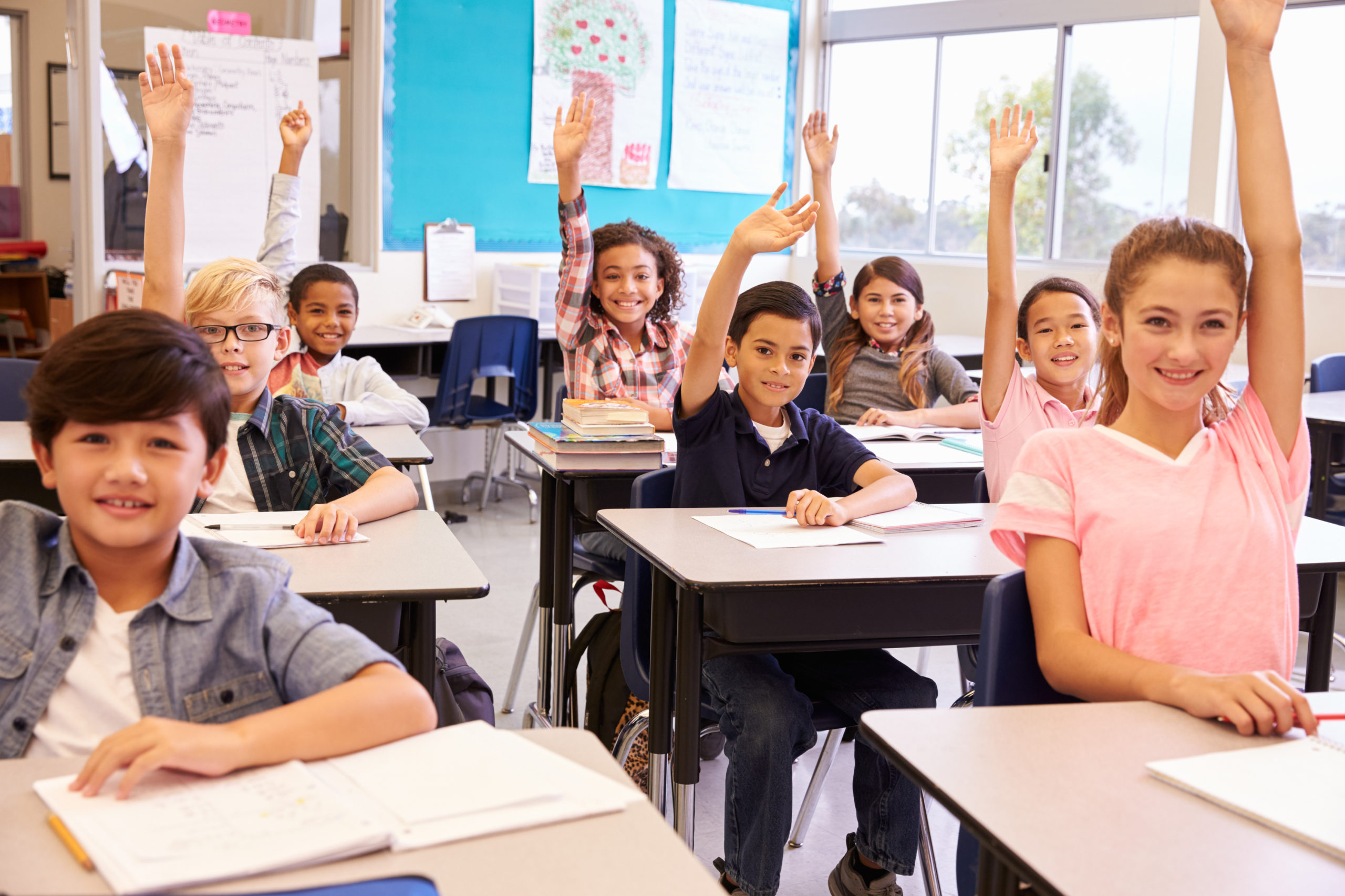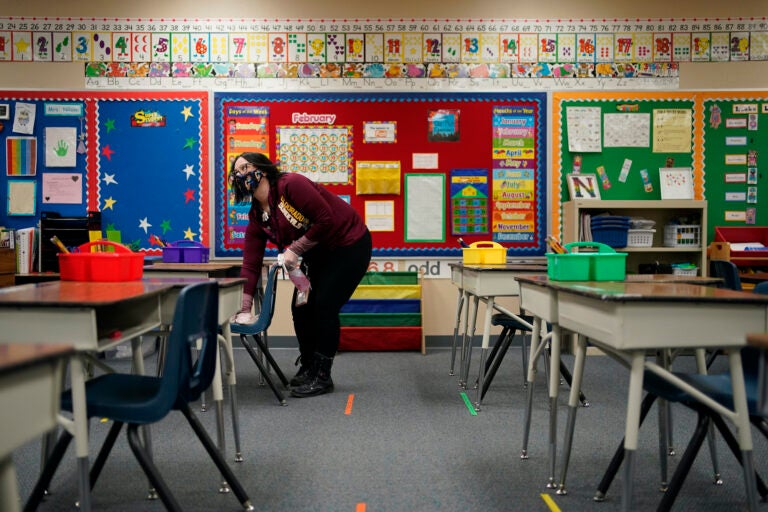Join the Movement to Save Temecula Schools: Area Activity Needed!
Join the Movement to Save Temecula Schools: Area Activity Needed!
Blog Article
Comprehending the Value of Colleges in Youngster Advancement and Area Development
Institutions' interaction with neighborhood areas via service-learning initiatives reinforces the bond between families and academic institutions. This symbiotic connection highlights the importance of institutions in supporting active citizenship and lifelong understanding practices.
Academic Achievement
Academic accomplishment acts as a foundation of youngster growth, supplying the foundation upon which future knowing and success are constructed. Schools play a pivotal duty in fostering this scholastic growth, supplying structured atmospheres where children can obtain necessary expertise and cognitive abilities. Standard curricula make sure that students gain effectiveness in core topics such as mathematics, scientific research, and language arts, which are essential for both greater education and specialist possibilities.
Along with giving basic academic abilities, colleges also grow crucial thinking, analytic capacities, and intellectual inquisitiveness. These cognitive expertises are vital for browsing complex real-world circumstances and adapting to the ever-evolving needs of the modern workplace. Teachers, as facilitators of knowing, utilize diverse pedagogical strategies to deal with different understanding designs, thereby taking full advantage of individual pupil potential.
Moreover, scholastic success is carefully connected to self-confidence and motivation. Kids who experience scholastic accomplishments are more most likely to establish a favorable self-concept and a lifelong passion for understanding. Institutions likewise provide various resources, such as collections and modern technology, which additionally improve the instructional experience and prepare students for a highly sophisticated society.
Social Ability Advancement
Beyond academic success, the duty of colleges in social ability advancement is indispensable. Schools act as a primary location for kids to learn and practice important social skills such as cooperation, communication, and dispute resolution. In the structured environment of a classroom, trainees connect with peers, instructors, and various other college team, using countless opportunities to develop these crucial abilities.
Effective social skill advancement in colleges is helped with through team activities, joint jobs, and extracurricular programs. These communications help pupils recognize social norms, construct compassion, and foster a feeling of area. Team assignments instruct trainees just how to function with each other in the direction of a typical objective, pay attention to various point of views, and navigate disputes constructively.

The growing of social skills during college years lays a structure for future individual and expert connections. Save Temecula Schools. As pupils develop, the capacity to effectively collaborate and interact comes to be significantly important, highlighting the college's important role in alternative youngster growth
Exposure to Diversity
Exposure to diversity in colleges is basic to promoting an inclusive way of thinking and widening pupils' point of views. Schools serve as a microcosm of the wider culture, and encountering varied cultures, languages, and socioeconomic backgrounds within this environment outfits trainees with important skills for browsing a progressively globalized globe. This exposure motivates empathy, decreases prejudices, and promotes common respect amongst peers.
Varied classrooms also boost cognitive and social growth. Study suggests that students who engage with peers from diverse histories show much better analytical skills and imagination. They learn to appreciate various perspectives, which improves classroom conversations and cultivates a more vibrant learning experience. Moreover, this understanding of diversity prepares pupils for future offices that value multicultural skills.

Area Engagement
The advantages of varied class expand past the institution walls, promoting a solid sense of neighborhood interaction among trainees. By interacting with peers from various social, socioeconomic, and ethnic backgrounds, pupils gain a wider viewpoint and a gratitude for diversity. This direct exposure urges them to become active people who are willing to contribute positively to their neighborhoods.
Schools that highlight neighborhood interaction commonly incorporate service-learning tasks, which permit pupils to deal with real-world troubles while applying scholastic abilities. These projects linked here not just enhance pupils' understanding of their coursework yet also infuse a feeling of obligation and empathy. Partnerships in between colleges and regional organizations offer trainees with opportunities to get involved in community occasions, better solidifying their function as positive neighborhood members - Save Temecula Schools.
Additionally, parental and area involvement in schools reinforces the bond in between schools and the communities they serve. They create a joint environment that profits all stakeholders when colleges open their doors to neighborhood events, workshops, and volunteer possibilities. This mutual assistance system ensures that trainees obtain holistic advancement, preparing them to come to be all-around individuals that value and contribute to their areas. With these efforts, schools play an essential duty in nurturing area engagement and promoting societal growth.
Lifelong Discovering Habits
Creating long-lasting discovering behaviors is vital for a youngster's constant development and flexibility in an ever-changing globe. Colleges play a pivotal his comment is here duty in instilling these routines by developing an environment that cultivates interest, critical reasoning, and a love for understanding. Via varied curricula and extracurricular activities, instructors encourage pupils to explore numerous topics, analyze info critically, and apply their discovering to real-world situations.

Furthermore, institutions provide an organized environment where children can create self-control and time management abilities, both of which are important for continuous discovering. By stressing the importance of setting objectives, assessing development, and adjusting techniques, universities prepare trainees to browse the complexities of grown-up life, ensuring they continue to be long-lasting learners and contributors to culture.
Conclusion
In verdict, institutions are important in fostering youngster growth and community development by supplying settings favorable to scholastic accomplishment, social skill development, and direct exposure to diversity. Inevitably, institutions cultivate click for more lifelong discovering behaviors, gearing up people with the essential expertise and skills to add positively to society.
In the organized environment of a class, students engage with peers, educators, and various other college staff, using various opportunities to develop these important capabilities.
In significance, exposure to diversity within institutions not only improves private pupils but also reinforces the social material of the neighborhood as a whole.
The benefits of varied classrooms extend past the college walls, cultivating a solid sense of area engagement among pupils.Institutions that highlight neighborhood involvement frequently integrate service-learning jobs, which permit trainees to resolve real-world issues while using academic abilities. Collaborations between colleges and regional organizations offer students with possibilities to take part in neighborhood occasions, further solidifying their function as aggressive neighborhood members.
Report this page